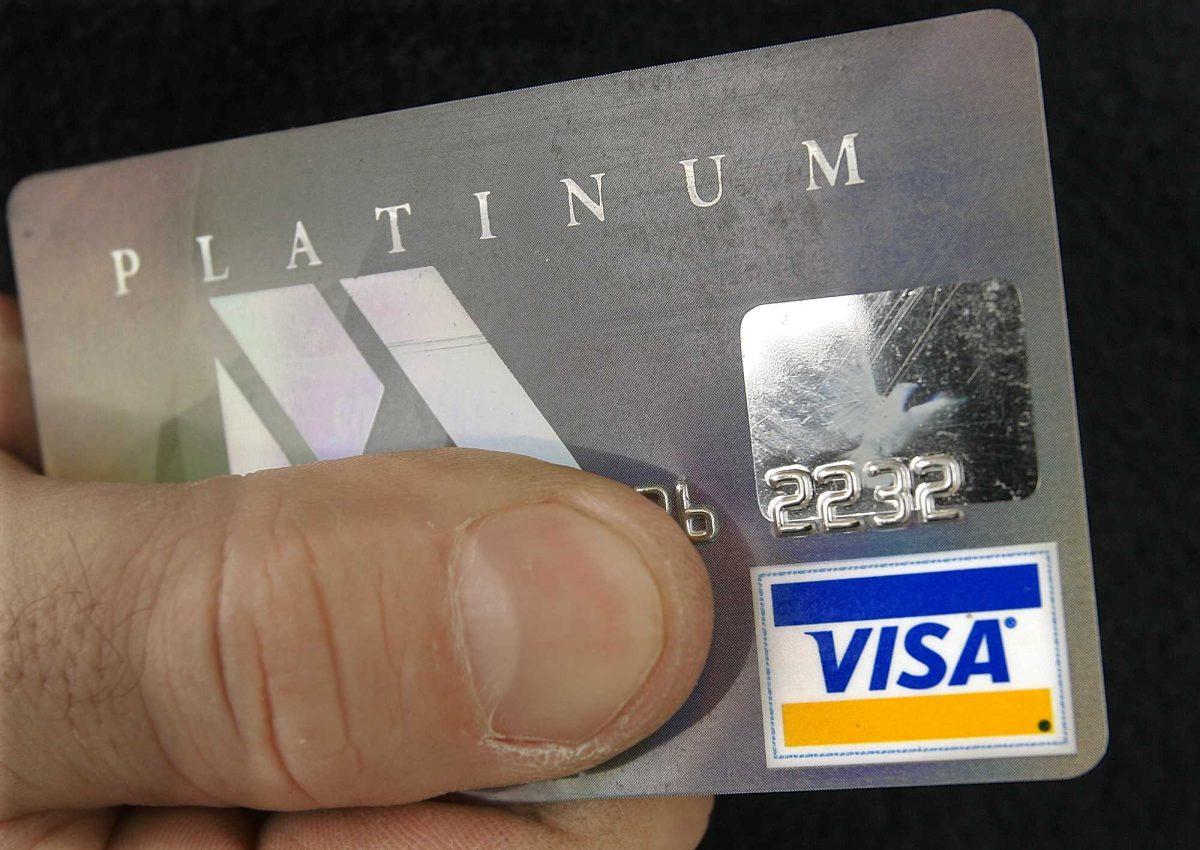College is a time where we lay the foundation of adulthood. We get an education that will secure our careers, we meet people that we will probably know for the rest of our lives and of course, we start building our credit.
OK, so maybe I am one of the few who has thought about building up my credit score. But, building up your credit score now can save you tens of thousands of dollars down the road, and the easiest way to improve your credit is with a credit card.
So let’s start from the beginning—What is a credit card?
The basics are simple: you go to CVS, pick out the booze you want, swipe your credit card and you’re good to go. Since you’re such a responsible person, your credit card lender says, “We will buy this for you now, because we know you will pay us back later.”
Think of a credit card like a bar tab. You buy drinks, and the bar will keep record and make you pay at the end of the night.
A credit card can be a great financial tool. Even with a steady income, you may not be able to afford something a couple days before payday. With a credit card, you can buy something now knowing you can afford to repay later.
However, credit cards can be the most devastating financial tool. If you don’t pay back the money you owe, credit card companies will charge interest every month. Also, your credit score will go down. It’s a swift one-two punch to your personal finances.
If you aren’t responsible enough to make purchases within your means, or will forget to pay your bill every month stop reading, because a credit card is not for you.
However, I know you’re a smart LSU student and are responsible, so now you want to know how to get a credit card.
If you are under 21, you have three options to get a credit card. You can show proof of income that tells the credit card company you can afford to pay them back every month.
If you don’t have a steady income, you will need someone to co-sign for you. This means someone over 21 with good credit, usually a parent, takes the obligation to pay your debt if you cannot. The account and card is yours, just think of your co-signer as collateral.
The third option is for your parent to make you an authorized user on his or her credit card. The account and card is your parent’s, so he or she can cut you off whenever he or she wants, but you still get to build your credit score.
You know which option is best for you. Next step, you start shopping for your magic plastic rectangle.
Most banks like Wells Fargo, offer credit cards, and there are also credit card companies, like Discover. Just start searching the Internet for credit cards. The choices will seem overwhelming, but I can help you narrow down the choices.
There are college-oriented credit cards out there. They are usually called student cards, or have “college” in the name. These usually have more favorable terms and forgiveness than normal credit cards, so let’s refine our search to these types of credit cards.
You will probably first see all the “perks” that are offered to you. I could fill two pages describing the different perks like rewards programs, cash back programs and discounts on gas. However, ignore these for now.
What you need to focus on are three things, the interest rate, the credit limit and the fees. You should focus on these because they tell you how much you can borrow and how much it will cost to borrow money from the credit card company. The perks are just their way to lure you in.
The interest rate, or Annual percentage Rate, is the amount of interest you will have to pay if you miss your monthly payment. You want to find a low APR.
However, the credit card providers make this difficult and confusing—they may state the interest rates in different ways or some even will raise the interest rate after a certain period. Be attentive when looking.
The credit limit is how much the credit card company is willing to loan you every month. This varies by company and is based on your credit score. If you go over the limit, you will have to pay a penalty and your credit score will go down.
Finally, look for any fees associated with the card. Some charge an annual fee, some don’t. Be sure to read everything about the credit card when researching.
With all this information, you should compare and contrast your options. You can now take the perks into consideration. If you need money back on gas more than a rewards program, then you might favor one card over another.
Once you’ve made your decision, call the company and get you very first credit card and take one more step to feeling like an adult. Then use this new responsibility to buy Fireball and Ramen.
Jay is a 20-year-old finance junior from St. Simons Island, Georgia. You can reach him on Twitter @hjcranford.
Opinion: Building a good credit score starts in college
By Jay Cranford
February 22, 2015
FILE – In this Feb. 25, 2008 file photo, a cardholder poses with his Visa credit card, in Springfield, Ill. In an effort to combat credit card fraud, the payment processor Visa on Thursday, Feb. 12, 2015 said it will be rolling out a product next month that will track credit card users on their smart phones. (AP Photo/Seth Perlman, File)
More to Discover








